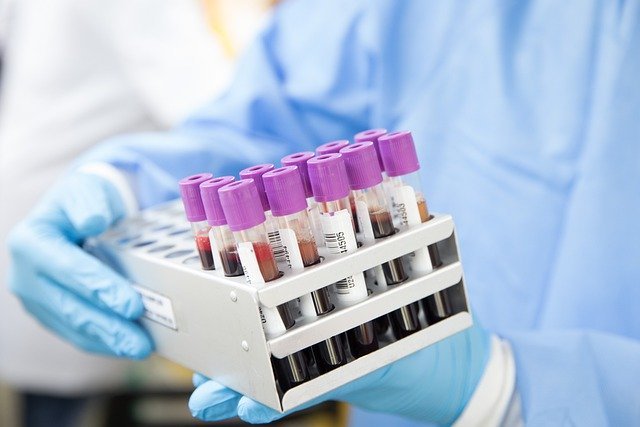
In a new study, researchers suggest that blood serum could offer a way to slow the spread of COVID-19 in the United States.
The research was conducted by a team at Johns Hopkins University.
With a vaccine for COVID-19 still a long way away, the team is working to revive a century-old blood-derived treatment.
Their technique uses antibodies from the blood plasma or serum of people who have recovered from COVID-19 infection to boost the immunity of newly infected patients and those at risk of contracting the disease.
These antibodies contained in the blood’s serum have the ability to bind to and neutralize SARS-CoV-2, the virus that causes COVID-19.
The team says deployment of this option requires no research or development. It could be deployed within a couple of weeks since it relies on standard blood-banking practices.
In this case, physicians would ask patients who recover from COVID-19 to donate their blood, from which serums would be isolated.
After processing the serum and removing other toxins or trace illnesses, it can be injected into sick patients and those at risk of contracting the disease.
The procedure for isolating serum or plasma is a long-established technology that can take place using equipment normally found in hospitals and blood-banking facilities, and recent advances make it as safe as a blood transfusion.
Experts around the US are rushing to implement the treatment in several different areas, including New York City.
Doctors in Shanghai have already used plasma therapy with newly infected coronavirus patients in China and have reported promising early results.
Japan’s largest drugmaker, Takeda Pharmaceuticals, has also begun testing the therapy.
The Johns Hopkins Research Team has put initial funding toward the project to purchase equipment and set up an operation in Baltimore.
The team is working now with state and federal officials to try to secure more resources.
Experts say a challenge of the technique is that precise timing is important in order to maximize the boost to a patient’s immunity.
The treatment is not envisioned as a panacea to treating coronavirus, but a temporary measure that could help until stronger options such as vaccines are available.
Learning more about how to use the serums most effectively will require further clinical studies.
The lead author of the study is immunologist Arturo Casadevall.
The study is published in the Journal of Clinical Investigation.
Copyright © 2020 Knowridge Science Report. All rights reserved.



